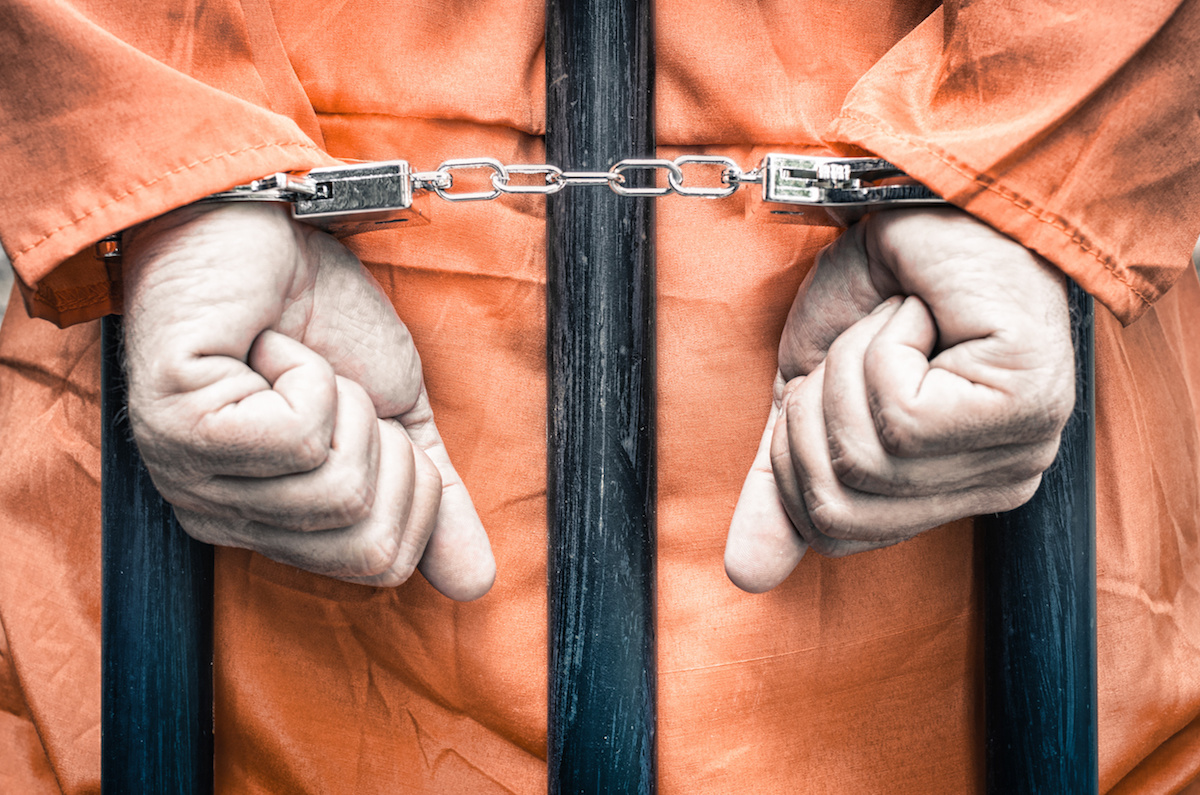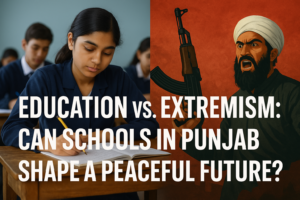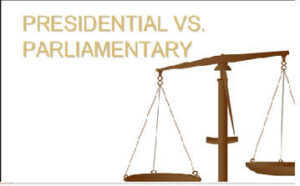Without capital punishment (the death penalty) our lives are less secure and violent crimes of violence increases. Capital punishment is essential to control violence in society. To what extent do you agree or disagree with this opinion?
Capital punishment is an issue of highly debatable and controversial nature. Some argue that capital punishment or the death penalty is indispensable and needed for deterrence against severe crimes. However, others oppose it on human, moral, ethical, and legal grounds.
The importance of capital punishment is undeniable for any country or society to bring down the crime rate and to deter the general public against violent crimes but socioeconomic conditions, cultural aspects, and legal and moral corruption are the things that make it disputable and controversial. Therefore, advocating capital punishment is not really justifiable until and unless the right to a fair trial, securing fundamental rights of people, and dispensation of speed and just trial is maintained by the governments and international legal organizations.
Here is a brief elaboration of conflicting views about capital punishment. Proponents of capital punishment argue that the death penalty is a deterrent for offenders because it generates a fear of ultimate and irreversible punishment. Also, it serves as a satisfactory punishment for the victims and their families by tightening the noose around the offender of serious crimes like murder, homicide, etc.
Moreover, implementing the death penalty could be cost-effective as it eliminates long-term incarceration expenses. Countries where capital punishment is legally approved include Pakistan, Saudi Arabia, Iraq, Japan, Egypt, the United States, China, and many others. However, Argentina, Armenia, Australia, Belgium, Ireland, Hungary, and Iceland are the countries where capital punishment is still illegal.
Antagonists and adversaries of capital punishment opine that the death penalty violates the most fundamental right of people – the right to live. They also argue that wrongful convictions can execute innocent citizens so it must be discouraged. In addition to this, some studies suggest that capital punishment does not significantly deter crime. They also highlight the importance of the rehabilitation of criminals as a concept of the restorative justice system.
Rates of violent crimes are not really dependent on capital punishment but it is s determined by a complex interplay of social, economic, cultural, and political factors, ease of doing business, government effectiveness, and a check on the corruption by the judiciary and other officials. According to the “Societal Safety and Security” indicator of the Global Peace Index (GPI), Iceland is the country with the lowest crime rate worldwide. It’s followed by Norway and Japan, which have the next highest scores in the category.
Coming to the fact that capital punishment is not legal in Iceland and Norway still these countries managed to control their crime rates to the lowest possible levels. Contrary to this, Capital punishment is legal in South Asian Countries like Iran which stands high on the global index for criminality. Iran’s drug trafficking and widespread criminal networks are notable crimes. Despite dual judicial systems, the country is still at the back front of so many social evils including violent crimes. Yet there are other countries in the world with high crime rates including violent crimes despite declaring capital punishment illegal and disbanded.
Conclusively, it can be inferred that capital punishment is not to be correlated with decreased or increased crime rates. Political stability, improved socioeconomic and healthcare conditions, and securing the fundamental rights of the public without class discrimination are prerequisites to making life more secure on this planet.
📍 English Language Educator | Blogger & Content Strategist | 7+ Years in Educational Blogging
Nosheen Bashir is a dedicated English teacher and experienced blogger with over seven years of expertise in content creation and educational writing. Passionate about language, literature, and effective communication, she combines her teaching experience with blogging skills to create insightful, research-backed content that helps learners and educators alike.
🔹 Expertise & Achievements:
✔ English Language Education: A skilled educator with years of experience in teaching English grammar, literature, and communication skills to students of varying levels.
✔ Educational Blogging: Running a successful blog for 7+ years, delivering well-structured, engaging content on language learning, writing techniques, and academic success.
✔ SEO & Content Strategy: Specializes in creating high-ranking, authoritative articles that follow Google’s EEAT principles, ensuring content that is both informative and search-friendly.
✔ Student-Centric Approach: Committed to making English easier, engaging, and accessible, helping readers and students improve their language proficiency.
🚀 With a passion for teaching and writing, Nosheen Bashir is dedicated to crafting educational content that empowers students, teachers, and language enthusiasts worldwide.










